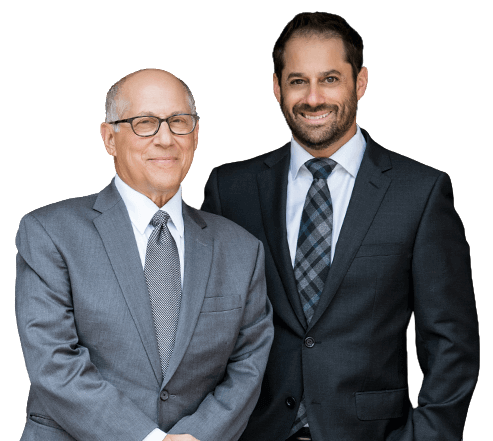Finances and medical care are two primary concerns for Ohio residents who are injured, ill or suffer a condition that leaves them with an uncertain future. For many, Social Security Disability benefits can be a lifeline that provides them with what they need.
Still, the entire process of applying for these benefits can be daunting.
It is important to know the facts about the process and what options are available.
What is the five-step sequential evaluation process?
When applying for benefits, the Social Security Administration has what is known as the five-step sequential evaluation process. With it, the SSA will want to see if a person meets the requirements of each step before the case can be approved.
The steps go as follows:
Work activity
The baseline is “substantial gainful activity,” or SGA. This is based on the applicant’s earnings for a month. Surpassing a certain threshold means they are engaging in SGA and the case will end there and then. If they are not, it can move to the next step.
Medical severity
The applicant’s medical condition must be sufficiently severe to warrant Social Security Disability benefits.
The Listing of Impairments
The SSA publishes a Listing of Impairments that generally covers the categories of injuries, conditions and illnesses that might leave an applicant disabled. If an applicant’s condition meets the criteria on the listings and is in place for the required duration, then the case can proceed.
Past Relevant Work and Residual Functional Capacity
The SSA analyzes the applicant’s work history along with any type of the work they may ve able to do after the injury, condition or illness. If they can do relevant work, then they will not be considered disabled. If they cannot, they will move on to the next step.
Adjusting to other types of work
Finally, the SSA will want to know if the person can adapt to other types of work based on their experience, education and skills and taking their condition into account. If they cannot, then they may be approved for Social Security Disability.
Can I appeal a denied claim?
Even if the claim is denied, people who are seeking benefits should know they have the right to appeal. Many cases are initially denied for a variety of reasons. Rather than get discouraged, it is useful to know there are four levels to appeal.
Reconsideration
A reconsideration is a review of the case by a person who played no role in the original decision. All the evidence will again be gauged with the applicant being able to provide new evidence.
Administrative Law Judge hearing
The second level of appeal is a hearing by an Administrative Law Judge, who assesses the evidence to see if the evidence is there for an approval.
Appeals Council Review
An Appeals Council can review the case if the ALJ denies it. It can conduct the review, make a new decision or send it back to an ALJ.
Federal Court review
Finally, the last option is to have the case reviewed by a Federal Court. This is at the discretion of the court as to whether it will take any steps to overturn the previous decisions.
Experienced help can be imperative
Social Security Disability applications can be worrisome from the start. If an applicant is turned down, they will wonder how they will make ends meet and get the care they need.
Social Security Disability benefits can be lifesavers for people who are unable to work due to illness, injury or condition. Experienced legal help can make a huge difference.

